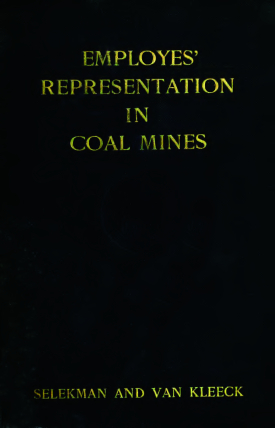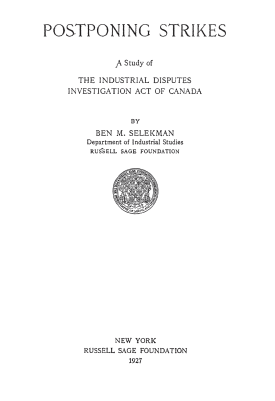
Receiving Home for Foundlings and for Mothers with Their Babies
About This Book
A model aimed for use by various institutions that provide asylum to orphaned children and struggling mothers, including temporary receiving homes into which mothers who might otherwise abandon their children are received with them. The model is designed to exhibited the chief sanitary features which the medical profession recognize as essential to success in saving the lives and improving the vitality of the babies who must have institutional care temporarily.


